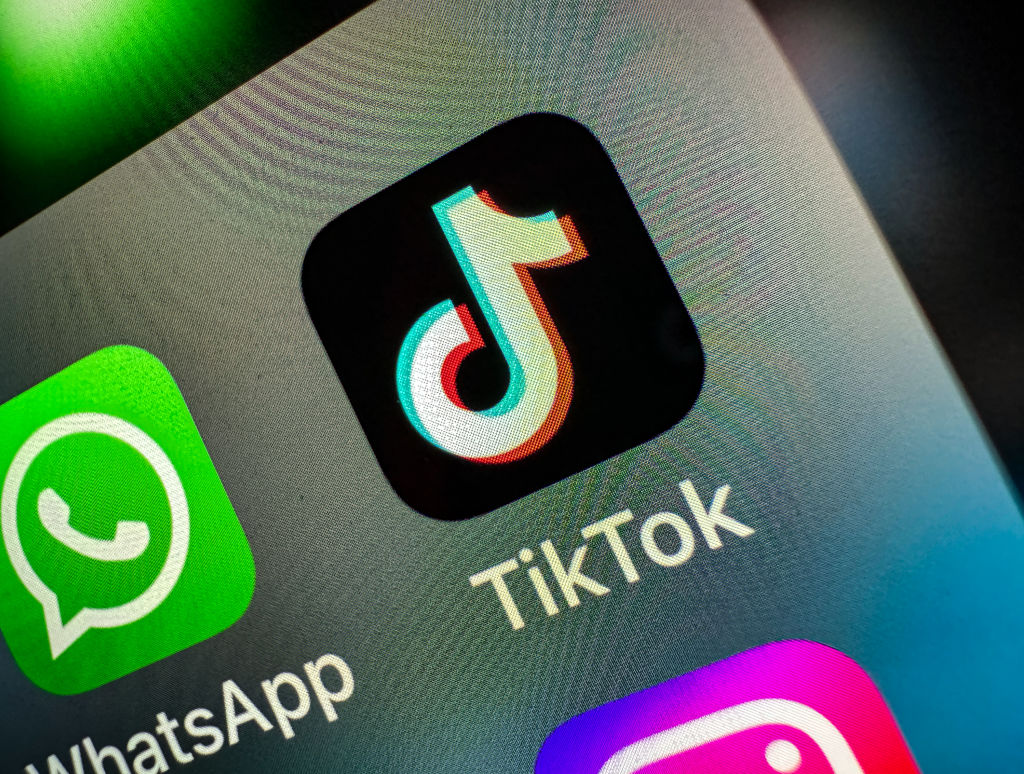
On Thursday, a Montana judge moved to block a first-of-its-kind ban of TikTok in the state one month before it was set to go into effect.
U.S. District Judge Donald Molloy issued a preliminary injunction to block the ban, claiming that it "violates the Constitution in more ways than one" and "oversteps state power."
But Montana isn't the only place to attempt to restrict TikTok. The Chinese-owned app has faced scrutiny worldwide including in India, France, and Nepal over concerns that user data could be passed on to the Chinese government.
Here’s what to know about TikTok bans worldwide.
Why was Montana's ban blocked?
The Montana law, which was set to take effect Jan. 1, would have made Montana the first state to outright ban TikTok on all devices and would have fined Google and Apple for each day they failed to remove the app from their stores. It is unclear how the ban would have been implemented on personal devices that already had the app installed.
In a statement released at the time of the bill’s signing in May, Governor Greg Gianforte’s office called the law an attempt to “protect Montanans’ personal and private data from being harvested by the Chinese Communist party.”
Judge Molloy wrote, however, “The current record leaves little doubt that Montana’s Legislature and attorney general were more interested in targeting China’s ostensible role in TikTok than with protecting Montana consumers."
The ban has now been temporarily halted as the matter moves through trial sometime next year, with a final ruling to follow.
The legal battle over Montana's law is setting the precedent for how the app is regulated in the United States. “We are pleased the judge rejected this unconstitutional law and hundreds of thousands of Montanans can continue to express themselves, earn a living, and find community on TikTok,” TikTok said in a statement on X.
Why is TikTok facing government bans?
Lawmakers across the globe have expressed concern that TikTok, and its parent company ByteDance, might place user data at risk. TikTok, like most other social media companies, collects vast amounts of data on its users—including location data and browsing history. Officials say that this information could pose a security threat, given that Chinese law allows the government to obtain information from companies in the interest of national security.
During a congressional hearing in March, TikTok’s CEO Shou Zi Chew said that the app is "free from any manipulation from any government."
However, there have been concerns about the company’s handling of data. Last December, Bytedance fired four employees who accessed data on journalists from Buzzfeed News and The Financial Times in an attempt to track down the source behind a leaked report about the company.
To get around governmental concerns in the U.S., TikTok has proposed a $1.5 billion plan called Project Texas, that would store U.S. data on servers owned and operated by the software company Oracle.
Which governments have banned TikTok?
In recent months, lawmakers across the globe have taken action to restrict the use of TikTok.
Nepal became the most recent country to ban the app in November, with officials saying it was disrupting “social harmony” in the country. India, which previously made up the largest share of downloads of the app, banned the platform in 2020 along with 58 other Chinese companies. Several other countries—including Australia, Canada, and France— have banned the use of the app on government devices.
The U.S. federal government and more than half of states have banned the app on government devices. Several public colleges— including the University of Texas at Austin, Auburn University, and Boise State University — have blocked the app from campus Wi-Fi networks.
The Biden Administration has made moves to ban the platform outright. The House Foreign Affairs Committee voted to advance a bill that would give President Joe Biden the authority to ban TikTok nationwide, and the Administration told the company earlier this year that the app would either need to be sold or face a ban in the U.S.
More Must-Reads From TIME
- The 100 Most Influential People of 2024
- How Far Trump Would Go
- Scenes From Pro-Palestinian Encampments Across U.S. Universities
- Saving Seconds Is Better Than Hours
- Why Your Breakfast Should Start with a Vegetable
- 6 Compliments That Land Every Time
- Welcome to the Golden Age of Ryan Gosling
- Want Weekly Recs on What to Watch, Read, and More? Sign Up for Worth Your Time
Write to Simmone Shah at simmone.shah@time.com